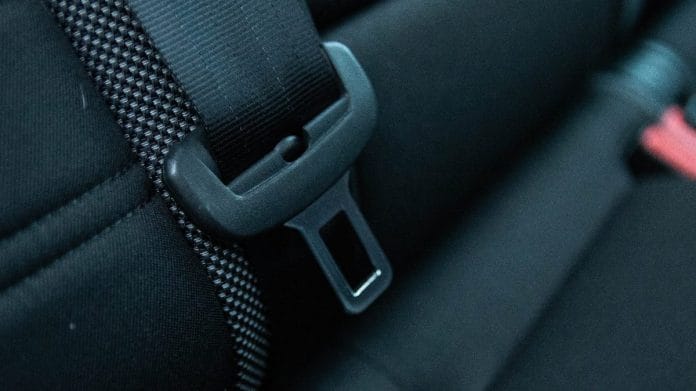New Delhi: Around 70 per cent of Indians do not wear seat belts in the rear seat of a moving vehicle, a survey conducted by LocalCircles, a community social media platform, found Monday.
The results of the survey, conducted among 10,598 respondents across the country, comes a day after former Tata Group chairman Cyrus Pallonji Mistry died in a car crash on the Mumbai-Ahmedabad highway.
According to a police official, Mistry and his co-passenger Jahangir Pandole were seated in the back seats of the ill-fated vehicle.
“According to preliminary investigation, over-speeding and the error of judgment caused the car accident. Both the deceased were not wearing seat belts,” a police official said.
Out of 30 per cent respondents in the survey, 26 per cent answered yes to the question: “Do you generally wear the seatbelt in the rear seat of a car?”, while 4 per cent said they rarely sat in the rear seat.
According to the Central Motor Vehicles Rules, 1989, “persons occupying front facing rear seats” need to mandatorily wear seat belts, even though awareness about this rule is not much in the public domain.
Rule 138 (3) states, “In a motor vehicle, in which seat-belts have been provided under sub rule (1) or sub-rule (1-A) of rule 125 or rule 125-A, as the case may be, it shall be ensured that the driver, and the person seated in the front seat or the persons occupying front facing rear seats, as the case may be, wear the seat belts while the vehicle is in motion.”
Another study conducted across 11 cities by the SaveLIFE Foundation in 2019 found that only 27.7 per cent of 6,306 respondents were aware that the use of rear seat belts was mandatory.
Demographics
The LocalCircles survey had received over 10,000 responses from citizens located in 274 districts of India. Around 61 per cent of the respondents were men while 39 per cent were women.
As many as 47 per cent respondents in the survey were from tier 1, 39 per cent from tier 2, and 14 per cent respondents were from tier 3, 4 and rural districts.
Also read: Indians cut down on milk purchases or switch to cheaper options as price rise, finds survey






